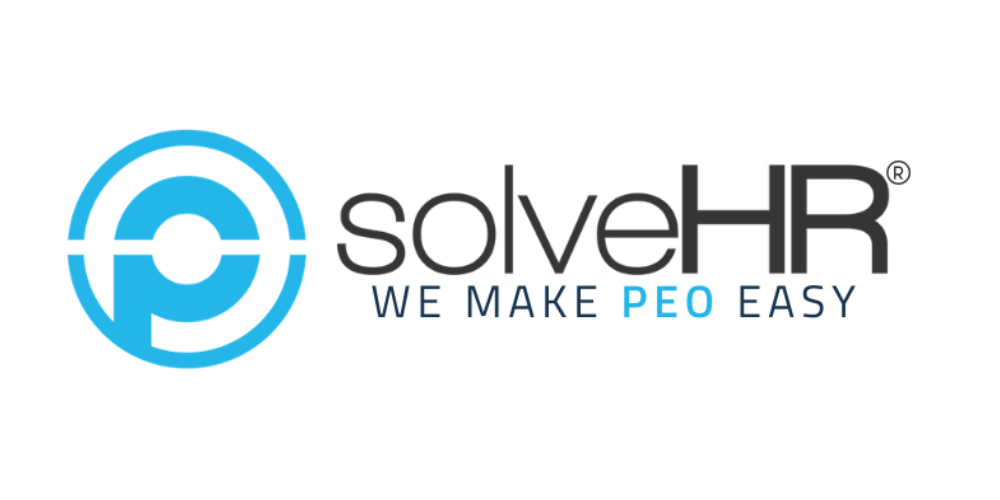- 12/24/2021
- Posted by: Adrian Sosa
- Category: Uncategorized
A well-managed payroll ensures that all your employees receive their payments correctly and on time. As usual, without the right tools, you can end up losing a lot of time and money over mistakes. The following are a few common payroll mistakes to look out for:
Incorrectly Classifying Employees

Classifying your employees correctly is important for two reasons. First, it allows them to get paid fairly for the work they have done. Second, it helps avoid having to do the extra work of paying adjustment payments and helps in all-around efficiency.
Employees can be misclassified with regards to being paid for overtime. As per the Fair Labor Standards Act, all employees must be paid overtime for all hours worked that exceed 40 hours a week. Exemption of an employee from their due overtime pay can leave your company or organization subject to fines and cheat your worker of their earnings. Another type of misclassification occurs when employees are mistaken for independent contractors.
Miscalculating Payments
Miscalculating payments that are due can be extremely annoying for employees that need to make ends meet and pay their bills. Especially because correcting such a mistake takes around 10 days where they will have to manage with an insufficient payment.
From an employer’s point of view as well, it becomes tedious to look at records and figure out where the mistake has occurred before having to rectify it. The following types of miscalculations are commonly occurring that result in payroll mistakes:
- Overpaying or underpaying an employee
- Making wrong adjustment payments
- Missing the first payment for new employees
- Subtracting the incorrect amount for benefits
- Incorrectly paying employees who are on paid leave
Badly Tracking Employees Hours and Overtime
Not tracking your employees’ hours can lead to years of incorrect payments that create a lot of tax problems in the long run. It can be very comfortable for employees to correct these payments whether it is giving back money or asking for what is due to them.
Overtime payments can come from more than just working a few extra hours in a day. It can be when employees are traveling for site visits when employees take breaks or even when employees are asked to get together outside office hours for parties or team-building activities.
Failing to Report Taxable Employee Compensation
Employees are not only paid in terms of salaries, overtime, bonuses, etc. Everything else that is awarded to an employee such as stock equity, gift cards, travel awards, personal cars, laptops, and so on needs to be reported to the IRS as a part of employee compensation. Failing to make this information known can result in consequences for all parties involved.
Disorganized Records
Having disorganized records or relying on a manual system for payroll can get in deep trouble. Disorganized records can result in missing an employee’s payment or missing any follow-up action required on your part. A manual system of data entry and having to look through vast Excel spreadsheets is messy and can take days to finish.
Additionally, a manual system of payroll increases your reliance on one person doing the job or a payroll manager, without whom the job will get stalled. With something as important as getting paid, you can not afford to delay the process especially when it has such an immense effect on morale and your employees’ productivity. If for example your payroll manager is for some reason out of the office or has left the company, all your employees will suffer. For these reasons, it is best to invest in an automated payroll system.
Missing the Payment Deadline
All companies have established days of the month where they pay their employees. Employees in turn plan their expenses and activities in their lives to revolve around the day they are set to get paid. Delaying this for any reason can be extremely inconvenient for an employee, especially those without savings that are relying on their paycheck to pay for basic utilities such as their rent and electricity. As an employer, if you file late for the tax you will have to pay a fee and pay penalties. All in all, it is best to make payments in time to keep everyone happy.
Wrong W-2s
The W-2 is an extremely important form in that it is required of every employer in the United States. Each W-2 form reports to the IRS what an employer is paying to each of their employees and what is being withheld from them. It includes all the forms of compensation that were mentioned above, from salary and overtime to gift cards and equity and as a result shows an employee’s entire payroll, including their 401k and health benefits. Employees then use this form when they file their taxes, meaning that if this form is filled incorrectly, it will cause a whole series of problems for your employee, not to mention the irritation and frustration.
The best way to solve most of the payroll mistakes mentioned is to invest in an automated payroll system. It can help with workflows, data entry, paper processes, and most importantly, it isn’t liable to make any humane errors.
Your automatic payroll system will never call in sick or go on a holiday and always ensure that payments to your employees are running smoothly. It will make sure your company makes timely payments with tracking hours and overtime and schedule payments so that your employees are never frustrated with your payment methods. It’ll also save you money by not having someone waste their time trying to wade through paperwork to see where the discrepancies in payments are or having to make adjusting payments.
Your company’s payroll process should be a well-oiled machine with established, clear policies that everyone abides by. Your system should be optimized such that no one is ever frustrated or left feeling like they are being treated unfairly. The least a company can do for their employees is make sure they are compensated correctly and fairly for the time that they put in.

